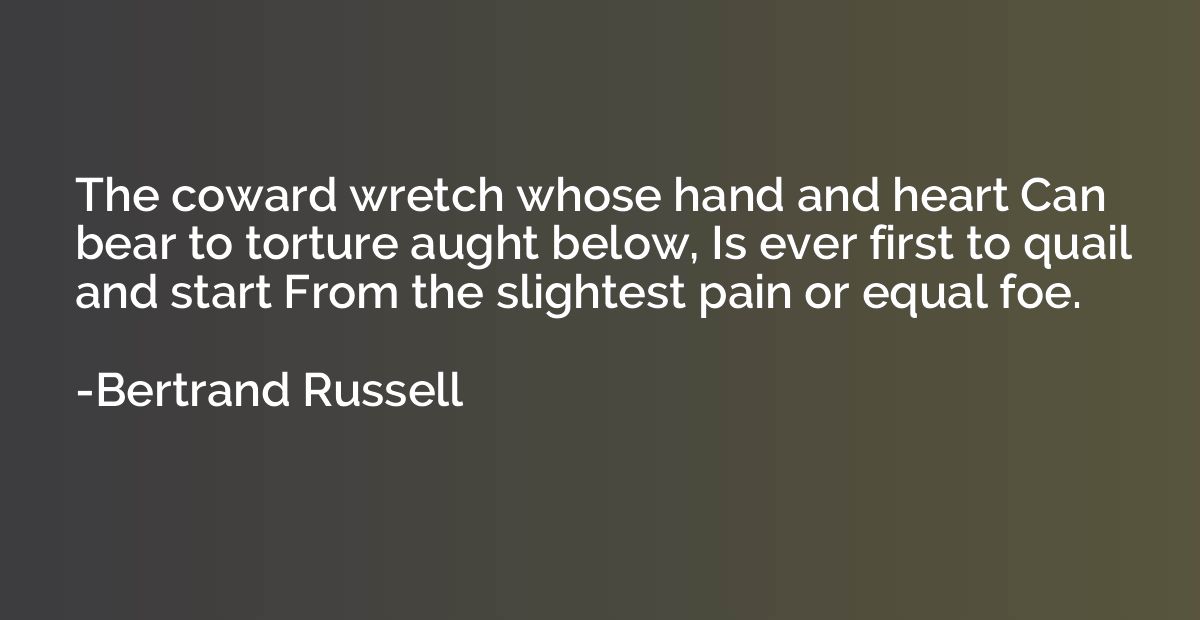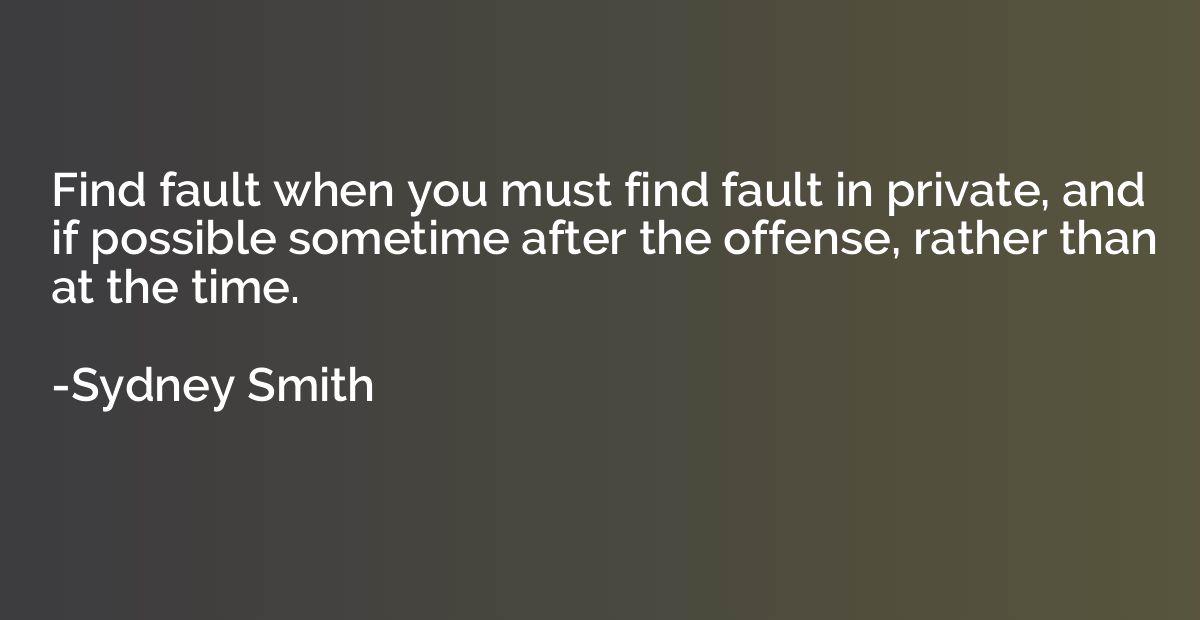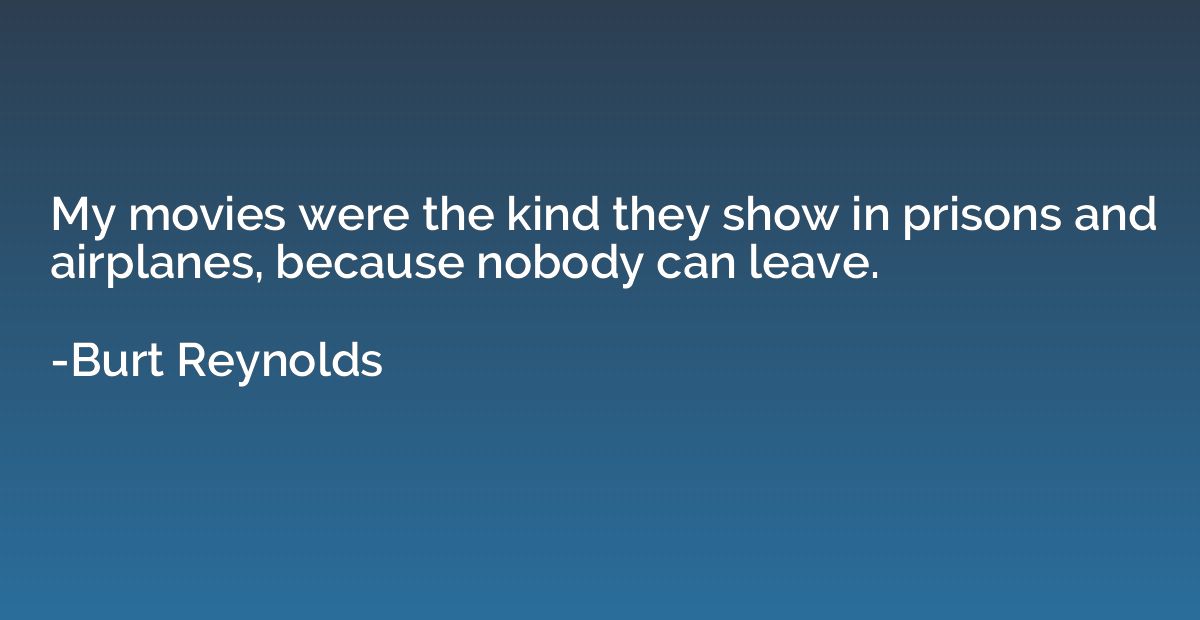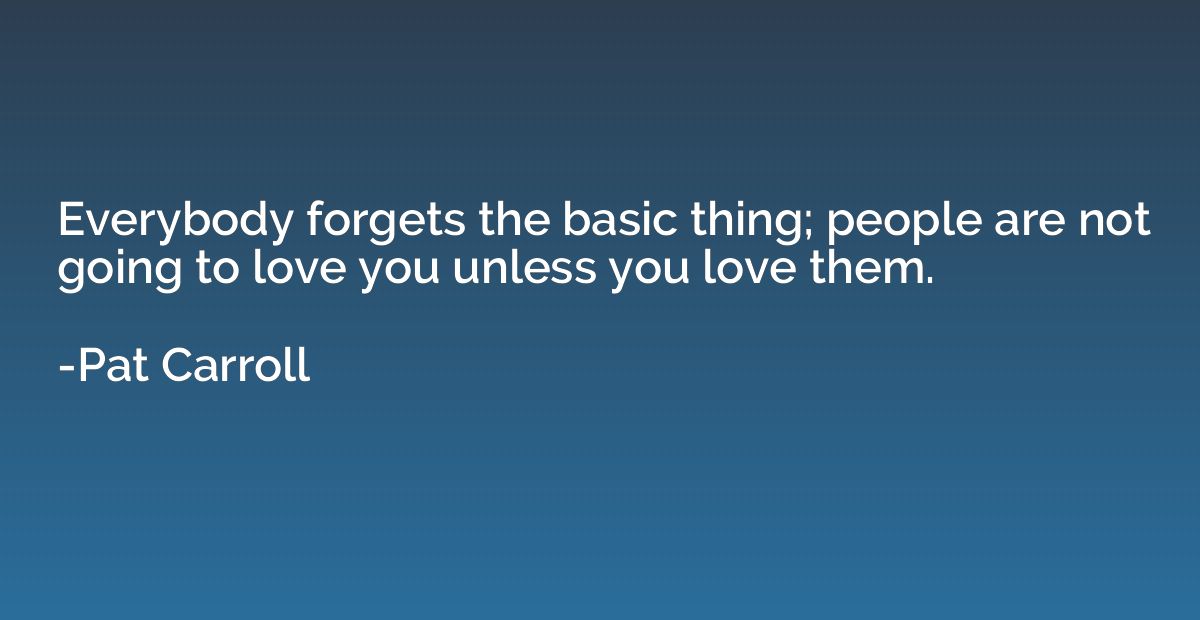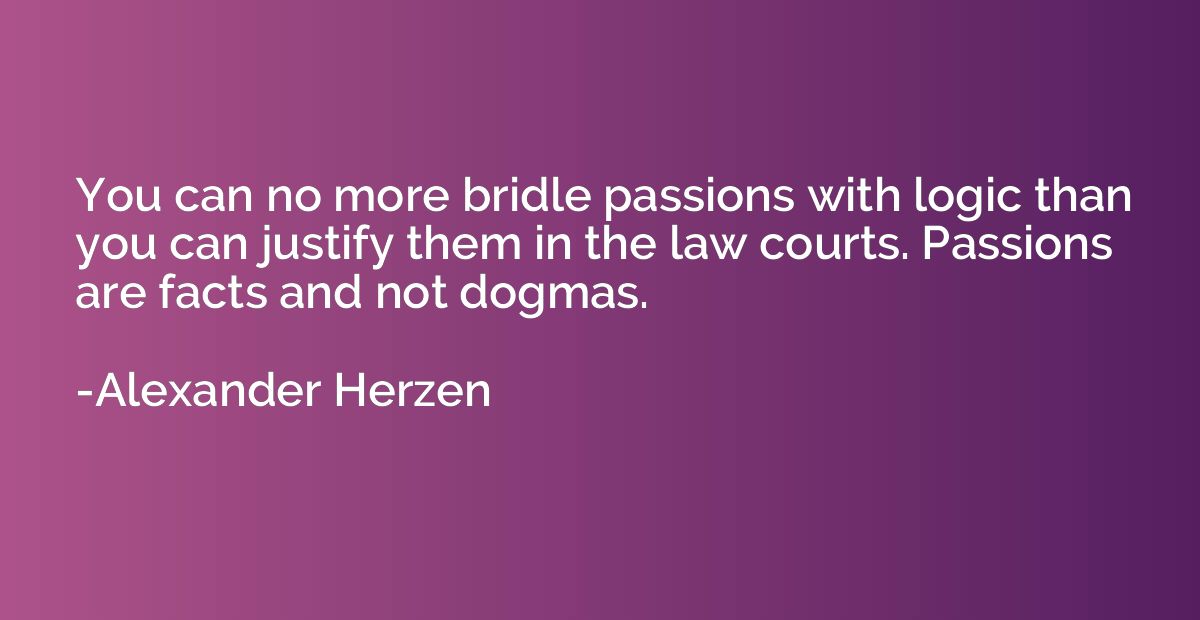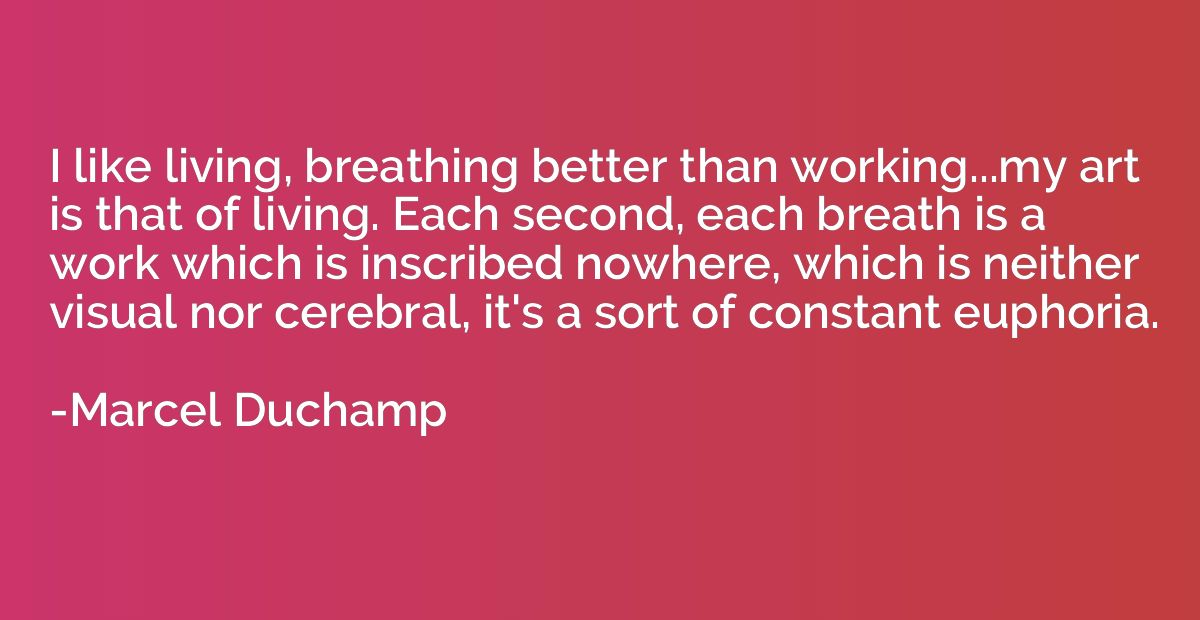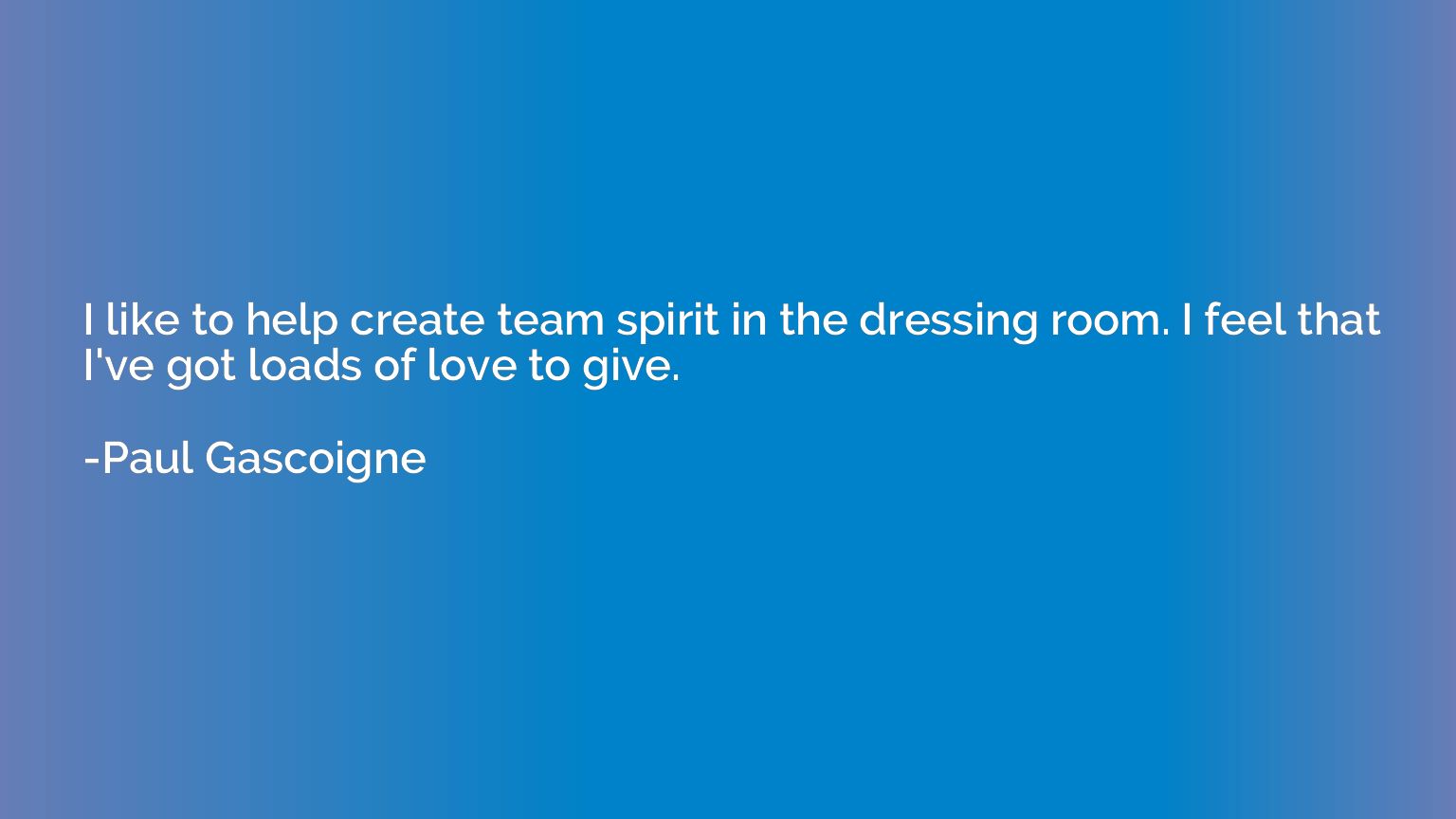Quote by Henry David Thoreau
If it is surely the means to the highest end we know, can any work be humble or disgusting? Will it not rather be elevating as a ladder, the means by which we are translated?
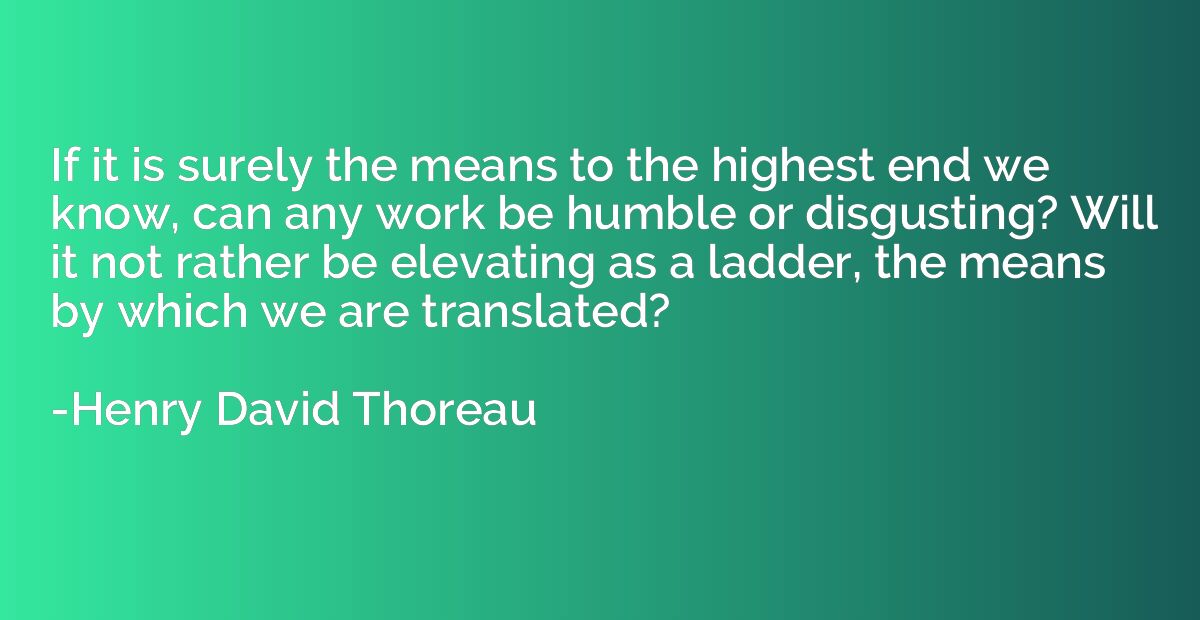
Summary
This quote suggests that when a task or work is seen as a means to achieve a lofty goal or purpose, it transcends any negative connotations. Instead, it becomes a source of upliftment and growth, akin to a ladder that helps elevate us towards our aspirations. It questions whether any work can be considered lowly or repulsive when it serves as a pathway to reaching a higher state or goal. Ultimately, the quote encourages viewing work with a perspective that acknowledges its potential for transformation and transcendence.



